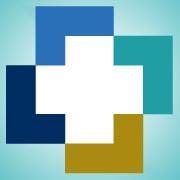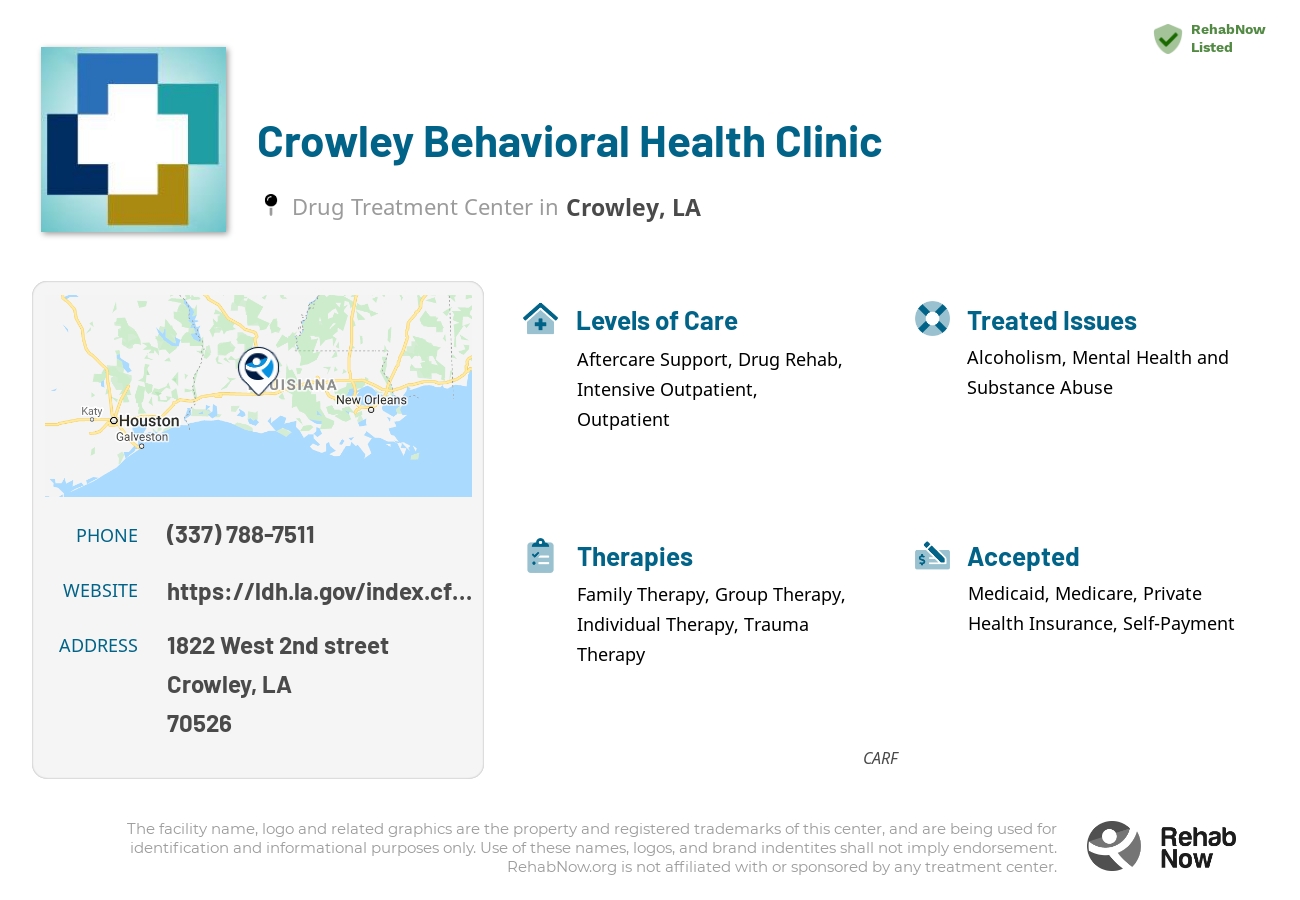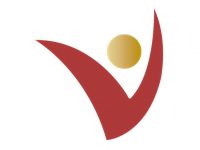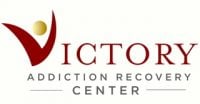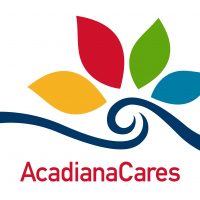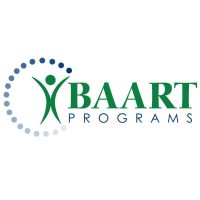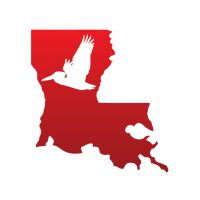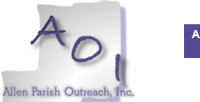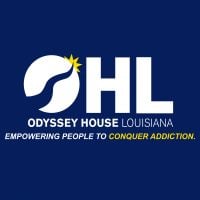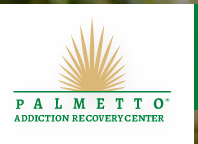Crowley Behavioral Health Clinic
Drug Rehab Center in Crowley, Louisiana
Crowley Behavioral Health Clinic provides outpatient mental health services, substance abuse treatment, and specialized care for addiction in Acadia Parish and the surrounding area, including medication-assisted treatment, counseling, and follow-up and aftercare programs.
About This Louisiana Facility
Crowley Behavioral Health Clinic is a private, not-for-profit community mental health center located in Crowley, Louisiana. Founded in 1969, the clinic provides outpatient mental health services for adults and children in Acadia Parish and the surrounding area. They offer a wide range of assessments, treatments, and support services, including individual and group counseling, psychiatric evaluations, case management, and substance abuse treatment.
Crowley Behavioral Health Clinic offers specialized care for those struggling with addiction and substance abuse. They provide medication-assisted treatment (MAT) services, which includes a combination of medications and counseling to help treat opioid addiction. Additionally, their treatment plans can include cognitive-behavioral therapy, family counseling, and education on addiction and recovery. Crowley Behavioral Health Clinic also offers resources to help individuals achieve and maintain sobriety, such as follow-up and aftercare programs.
Crowley Behavioral Health Clinic is accredited by the Louisiana Department of Health and accredited by The Joint Commission, the nation’s premier healthcare accreditation organization. Furthermore, the clinic works with many insurance plans and is affiliated with multiple Louisiana hospitals and regional healthcare networks. They receive oversight from the Louisiana Department of Health and Hospitals and is a member of the Louisiana Ancillary Services Association.
Genders
Ages
Modality
Additional
Accreditations

CARF
The Commission on Accreditation of Rehabilitation Facilities (CARF) is a non-profit organization that specifically accredits rehab organizations. Founded in 1966, CARF's, mission is to help service providers like rehab facilities maintain high standards of care.
Conditions and Issues Treated
Levels of Care Offered at Crowley Behavioral Health Clinic
This center offers a variety of custom treatment tailored to individual recovery. Currently available are Aftercare Support, Drug Rehab, Intensive Outpatient, Outpatient, with additional therapies available as listed below.
Outpatient addiction treatment is beneficial for people who are able to function well in their day-to-day lives. It is recommended for people who are not yet ready to end their relationships with friends or family members who might be encouraging drug and alcohol use.
Intensive outpatient treatment is beneficial for:
- People who are able to attend treatment more than 3 times per week.
- People who do not meet the criteria for inpatient treatment.
- People who are able to contribute to their own recovery outside of the treatment center.
- People who are motivated towards recovery.
- People who are able to overcome addiction on their own without the need for higher levels of care.
Outpatient treatment programs provide drug and alcohol addiction treatment through individual sessions with a counselor, group therapy, 12-step meetings, and other activities to help individuals gain sober living skills. Most programs are designed for those individuals who have completed a medically supervised detoxification program and provide opportunities for clients to begin the process of early recovery.
Outpatient programs also offer a level of medical support as needed and psychological backing through therapy. Clients are encouraged to live at home, though there may be some flexibility regarding this requirement based on the circumstances and needs of each patient.
Outpatient treatment is perhaps the most common type of dual diagnosis program available. It does not pose a significant financial burden on patients. However, it is essential to note that outpatient treatment does not provide the support and supervision given in residential programs. Some addicts may need this level of support to maintain their sobriety.
People who have completed a rehab program often need continued support from the addiction treatment team in order to remain abstinent from drugs and alcohol. Aftercare can be beneficial for personal, social, and emotional growth.
Common aftercare options include:
- Individual Therapy – this type of addiction counseling is available on a one-on-one basis. This can be beneficial for people with a high degree of emotional turmoil and a strong desire to overcome addiction.
- Group Therapy – this type of addiction counseling is available in a group setting. This type of treatment can be beneficial for people who are unable to attend regular therapy appointments due to other responsibilities.
- Family Therapy – this type of addiction counseling is available to the family members of addicts. This can be beneficial for people who are unable to fully comprehend what their loved ones are experiencing due to addiction.
Therapies & Programs
Therapy sessions focused on the individual addict can provide much-needed guidance as they work toward overcoming their addiction. These types of sessions typically involve guidance from a therapist, who will help addicts identify and process their feelings and cravings.
During these sessions, addicts may develop plans for coping with the triggers that typically lead to relapse and learn how to avoid those triggers during their recovery process.
The main goal of family therapy for drug addiction is to create an environment where communication can occur without judgment, hostility, or blame that often occurs within a family.
Family therapy is a type of group problem-solving that aims to improve communication and relationships between the patient, their family, and sometimes friends. The therapist is with the family as they learn to communicate with each other differently, especially with the addict when s/he is using.
The family can learn to reduce their enabling behavior or rally together and support each other during tough times. The patient also learns how to deal with their addiction and maintain sobriety while interacting with the family.
Different types of addiction treatment services are available. Within this article, group therapy is of interest due to its high success rate compared to individual therapy. Group therapy settings are beneficial because they allow recovering addicts to build a strong support network.
Benefits of group therapy are:
- Reduces feelings of isolation
- Immediate access to social support in the form of fellow addicts in recovery
- Lowers risk of relapse
- Increases rate of sobriety
- Builds coping skills that can be applied to everyday life
Trauma Therapy is a form of therapy that involves working with a patient to help them process and understand the past trauma(s) in their life. The idea behind it is that while some people can experience traumatic events and not have lasting psychiatric symptoms, many others will. In these cases, memories of the event get hidden from consciousness but continue to influence how the person processes and copes with things in their life. They may avoid situations that resemble what happened or become suddenly angry or irritated to a situation that reminds them of a past event.
With the help of a therapist, people can go back over memories and experiences. This helps them understand why they are having problems coping with certain situations and how they can change how they think and react to things. This therapy is typically done using techniques such as visualization, discussion, and writing down thoughts and feelings.
Trauma therapists will work with clients to help them understand their past and present relationships. Many times, patients may believe that something is inherently wrong with them or that they are unworthy of love. A therapist aims to correct these negative feelings and behaviors by helping the person realize that their actions do not reflect who they truly are.
One of the main goals of trauma therapy is to help clients express their emotions and talk about what they are feeling. This benefits both to increase awareness of how certain events have impacted them in the past and enables patients to realize that they can make changes in their lives.
Payment Options Accepted
For specific insurance or payment methods please contact us.
Is your insurance accepted?
Ask an expert, call (888) 674-0062
State of Louisiana Associated Centers
Discover treatment facilities under the same provider.
- Opelousas Behavioral Health Clinic in Opelousas, LA
- New Iberia Behavioral Health Clinic in New Iberia, LA
- Bogalusa Mental Health Clinic in Bogalusa, LA
- West Baton Rouge Behavioral Health in Port Allen, LA
- LA Health and Rehab Center - Reality House in Baton Rouge, LA
Learn More About State of Louisiana Centers
Additional Details
Specifics, location, and helpful extra information.
Crowley, Louisiana 70526 Phone Number(337) 788-7511 Meta DetailsUpdated November 25, 2023
Staff Verified
Patient Reviews
There are no reviews yet. Be the first one to write one.
Crowley, Louisiana Addiction Information
Louisiana is one of the top ten states in the nation for opioid-related deaths. One in ten high school students admits to regularly using prescription opioids for non-medical purposes. More than 225,000 Louisiana residents admit to regular heavy drinking and around 6% of the Louisiana population abuses alcohol. Marijuana use in Louisiana is most common amongst teenagers between the ages of 12 and 17 years old.
Crowley, Louisiana is a city with a population of over 13,000 people. Recent statistics show that nearly 6.5% of residents struggle with substance abuse. In 2019, there were 33 drug-related deaths in Crowley. Alcohol addiction makes up 59% of all admissions to treatment facilities. Common drugs involved in deaths are 67% opioids, 4% benzodiazepines, and 8% cocaine. Residential rehab and outpatient programs are common types of treatment in Crowley.
Treatment in Nearby Cities
- Clinton, LA (94.0 mi.)
- Jonesville, LA (104.3 mi.)
- Crowley, LA (1.3 mi.)
- Charenton, LA (56.4 mi.)
- Donaldsonville, LA (83.9 mi.)
Centers near Crowley Behavioral Health Clinic
The facility name, logo and brand are the property and registered trademarks of Crowley Behavioral Health Clinic, and are being used for identification and informational purposes only. Use of these names, logos and brands shall not imply endorsement. RehabNow.org is not affiliated with or sponsored by Crowley Behavioral Health Clinic.
